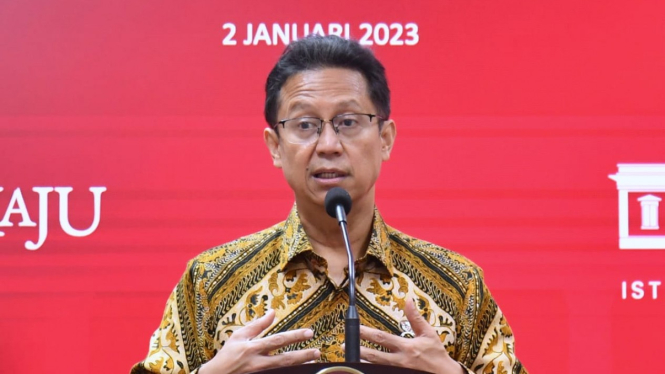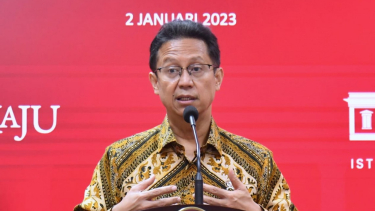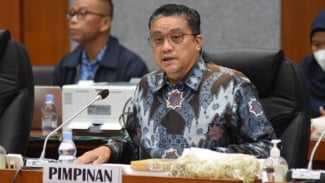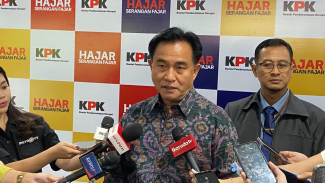Health Ministry to Add 5,000 Specialist Doctors Through Scholarship
- Biro Pers, Media dan Informasi Sekretariat Presiden
VIVA – The Indonesian Health Ministry plans to add five thousand medical specialist graduates through government and private scholarship programs in 2023 and 2024. It aims to improve health services in Indonesia.
“We need a breakthrough to add the number of specialist doctors. I think the easiest way is through the provision of scholarships. Last year, there were 600 applicants, and I hope of all them got accepted. This year, we will open 2,500 quotas and another 2,500 quotas for next year,” Health Minister Budi Gunadi Sadikin stated in Jakarta on Tuesday.
Minister Sadikin also said that Indonesia needs cardiologists. “Indonesia still needs around 400 cardiologists. But currently, out of 92 medical faculties, only 20 of them have cardiology programs. This is taking too long to fulfill our need,” Minister Sadikin explained.
The biggest shortage of specialist doctors was experienced in obstetrics with 3,941 obstetricians, 3,662 pediatricians, and 2,581 internists. With the current number of lecturers and student quotas per lecturer, medical faculty in Indonesia are estimated to need 1.36 years to meet the need for obstetricians, 2.26 years for pediatricians, and 3.23 years for internists, he said.
Ilustrasi dokter.
- www.pixabay.com/jennycepeda
The Ministry of Health is working together with the Ministry of Education, Culture, Research, and Technology, the Ministry of Finance, and the Education Fund Management Institution (LPDP) to increase the quota for specialist and sub-specialist doctor scholarships.
Furthermore, Minister Sadikin also conveyed that government cannot work alone to handle health human resource problems in Indonesia. Resolving the issue will require support and assistance from all parties, including the private sector.
Currently, the Health Ministry is carrying out major reforms in the health sector. This effort has involved initiating health transformation through six pillars that focus on accommodating access and improving the quality of health services throughout Indonesia.
"In line with President Joko Widodo's directions, we have strengthened the quality of health service facilities in 514 regencies/cities through the provision of medical devices (and facilities) such as cath labs for cancer screening, mammography for breast cancer screening, and support programs for hospitals that lack specialist doctors," he concluded.



























